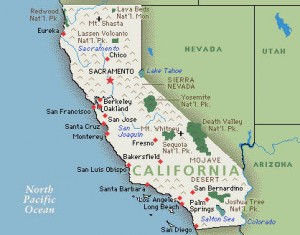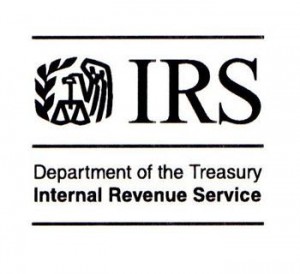 Pension plans of businesses and most tax-exempt organizations are subject to federal rules which permit them to discontinue accruals of benefits at any time, so long as previously accrued benefits are preserved. (Internal Revenue Code section 411.) By contrast, pension plans of governmental employers are typically subject to protections under court decisions based on federal or state constitutions provisions forbidding the “impairment of contracts,” which may require the preservation of not only past but future benefit accruals. The leading cases in this area come from California, although courts in other states have often looked to them in interpreting similar constitutional provisions in other states. See, e.g., Betts v. Board of Administration, 21 Cal.3d 859, 864 (1978).
Pension plans of businesses and most tax-exempt organizations are subject to federal rules which permit them to discontinue accruals of benefits at any time, so long as previously accrued benefits are preserved. (Internal Revenue Code section 411.) By contrast, pension plans of governmental employers are typically subject to protections under court decisions based on federal or state constitutions provisions forbidding the “impairment of contracts,” which may require the preservation of not only past but future benefit accruals. The leading cases in this area come from California, although courts in other states have often looked to them in interpreting similar constitutional provisions in other states. See, e.g., Betts v. Board of Administration, 21 Cal.3d 859, 864 (1978).
Starting in 2011, California courts have begun applying similar reasoning to the provision of retiree health benefits, as well as pension benefits. In Retired Employees v. Co. of Orange, 52 Cal. 4th 1171, 266 P.3d 287, 134 Cal. Rptr. 3d 779 (2011), the California Supreme Court held that
under California law, a vested right to health benefits for retired county employees can be implied under certain circumstances from a county ordinance or resolution. Whether those circumstances exist in this case is beyond the scope of the question posed to us by the Ninth Circuit.
A recent case from the Los Angeles Superior Court, Los Angeles City Attorneys Association v. City of Los Angeles has provided additional guidance on this issue, although it seems to raise as many questions as it answers.
Read more.
 Judge Steven W. Rhodes of the U.S. Bankruptcy Court for the Eastern District of Michigan had now issued an opinion stating that the bankruptcy proceedings for the City of Detroit can go forward. The opinion provided no special protections for as yet unfunded pension benefits (although benefits already in the pension funds were protected). The judge rejected a contention that Michigan constitutional provisions prohibiting impairment of pensions would provide protection to promised but unfunded benefits.
Judge Steven W. Rhodes of the U.S. Bankruptcy Court for the Eastern District of Michigan had now issued an opinion stating that the bankruptcy proceedings for the City of Detroit can go forward. The opinion provided no special protections for as yet unfunded pension benefits (although benefits already in the pension funds were protected). The judge rejected a contention that Michigan constitutional provisions prohibiting impairment of pensions would provide protection to promised but unfunded benefits.
 A California statewide ballot initiative proposal,
A California statewide ballot initiative proposal,  We have just obtained a copy of an internal IRS memorandum issued a little over a year ago, describing the vesting standards the IRS will apply in reviewing determination letter applications by governmental retirement plans.
We have just obtained a copy of an internal IRS memorandum issued a little over a year ago, describing the vesting standards the IRS will apply in reviewing determination letter applications by governmental retirement plans.  Michigan Public Act 297 (“Act”) prohibits public employers from providing medical and other fringe benefits to any person cohabitating with a public employee unless that person is legally married to the employee, or is a legal dependent, or eligible to inherit under the State’s intestacy laws. In a
Michigan Public Act 297 (“Act”) prohibits public employers from providing medical and other fringe benefits to any person cohabitating with a public employee unless that person is legally married to the employee, or is a legal dependent, or eligible to inherit under the State’s intestacy laws. In a  It’s a plan administrator’s nightmare: John is married to Melissa, and designates her as beneficiary of his qualified joint and survivor annuity (QJSA). John and Melissa then get divorced, and the divorce decree says that John is awarded “as his sole and separate property” all rights
It’s a plan administrator’s nightmare: John is married to Melissa, and designates her as beneficiary of his qualified joint and survivor annuity (QJSA). John and Melissa then get divorced, and the divorce decree says that John is awarded “as his sole and separate property” all rights  Both the federal and
Both the federal and